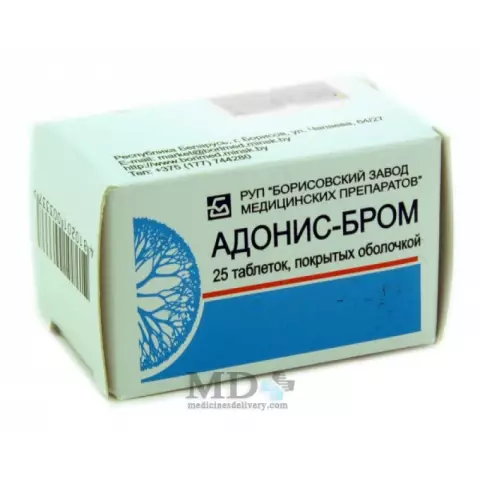- Author Rachel Wainwright wainwright@abchealthonline.com.
- Public 2023-12-15 07:39.
- Last modified 2025-11-02 20:14.
Phytocosmetics

Phytocosmetics are cosmetics containing herbal ingredients. This direction in cosmetology is by no means new, but on the contrary, the most ancient, since herbs for cosmetic purposes have been used throughout the entire existence of man. The concept of phytocosmetics is very broad. It includes both preparations containing unnatural ingredients plus herbal ingredients, and completely organic cosmetics, in which such ingredients are excluded. Phytocosmetics can be manufactured industrially, or can be entirely homemade.
For example, a mask for hair made of burdock oil with the addition of red pepper - an excellent example of phytocosmetics, made famous by the film “Moscow Does Not Believe in Tears” and a face mask made from fresh strawberries - too. Herbal infusions for hair are pure phytocosmetics, chamomile added as an extract to olive oil will turn it into an excellent cream for oily skin, which will also be a phytocosmetic. Our grandmothers did not buy cosmetics in a store, but made them themselves or ordered them individually from a beautician. And basically it was precisely phytocosmetics, since plants are very effective, at the same time cheap and always at hand.
With the advent of a large number of industrially manufactured creams, phytocosmetics have been pushed aside for a while by the wonders of the chemical industry. However, in the course of use, it turned out that even very expensive compounds with a carefully calculated therapeutic and anti-aging effect, in fact, do not always have it, and are often less effective than simple home remedies. The reason for this is their unnaturalness, as a result of which they are either not absorbed at all, or poorly absorbed by the skin.

Therefore, in recent years, cosmetics manufacturers have begun to increasingly turn to the experience of centuries, and include herbal ingredients in their products - this is how phytocosmetics are becoming more and more relevant. Vegetable means effective, and at the same time safe, in any case, much safer than one that is made entirely from artificial ingredients. However, speaking of safety, one should still take into account the individual intolerance of one or another component. In general, phytocosmetics rarely cause allergic reactions, but if a person is allergic, say, to pollen, and pollen is included in the composition of a cosmetic product, then of course he should not use such a product. The choice of phytocosmetics is extremely large, so choosing the right one is not difficult.
Found a mistake in the text? Select it and press Ctrl + Enter.






